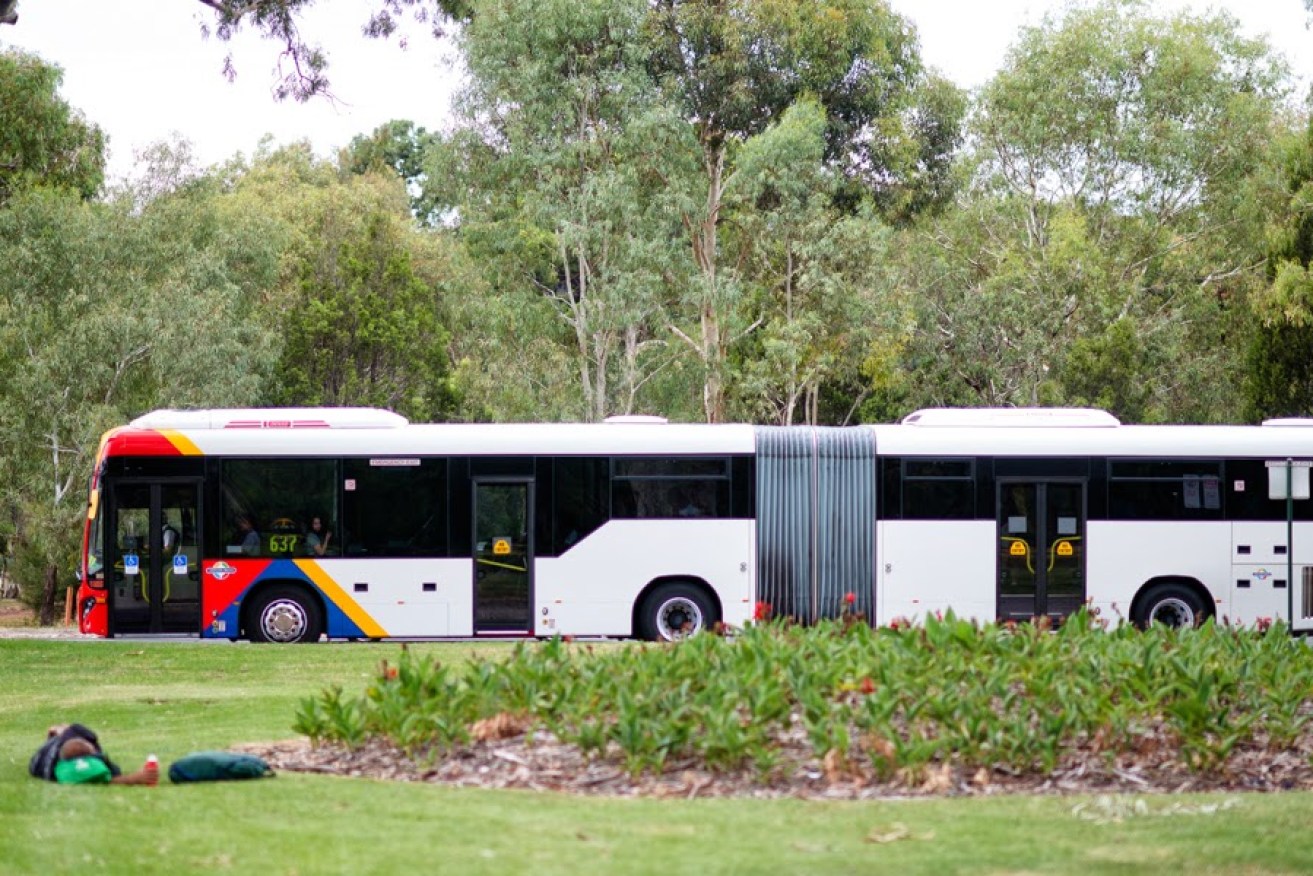The missing element of the Hutt Street debate
The central problem at the heart of the Hutt Street debate can be fixed, writes David Pearson.

The Adelaide Zero project has identified more than 140 people who were sleeping on Adelaide's streets.
Something is happening on Hutt Street. Before that it was the East End, and before that the south parklands. Some describe what is happening as criminal and anti-social behaviour; others describe it as the effects of poverty.
The honest answer is, it’s elements of all three.
There’s been a fairly fierce debate recently about moving the Hutt Street Centre. It’s worth remembering this is an organisation which, for more than 60 years, has been supporting some of our city’s most vulnerable people, helping them with the bare basics in life, putting food in their bellies and clean clothes on their backs.
Moving the Hutt Street Centre may move the problem but it won’t solve it.
Albert Einstein famously said that if he had an hour to solve a problem, he’d spend 55 minutes defining the problem and five minutes solving it.
In this case, the problem is poverty and the symptoms are homelessness, and at times, criminal and anti-social behaviour. On any given day, it will be more one than the other – but the inescapable fact is that poverty is bad for business, bad for public safety, bad for us as taxpayers and bad for the people involved.
So far, the discussion about solutions has revolved around security cameras, security guards, more policing and, as mentioned, moving the Hutt Street Centre.
There has been precious little discussion in the public domain about what we do about the poverty and homelessness that are at the heart of this issue.
We identified 143 people, 30 per cent of whom had been sleeping rough for more than two years.
Report after report has told us that it costs taxpayers more to leave people sleeping on the streets – in terms of healthcare, support services and the criminal justice system – than it does to provide the homeless with housing.
So what do we do about it? Using Einstein’s advice, a better appreciation of the nature of the problem might just help us to recognise that the solution isn’t that complicated after all.
We need to provide homes for the homeless – while ensuring they have access to the support services they need to sustain themselves in that housing.
This approach of providing secure housing for those who are homeless has been successful in a growing network of cities around the world. Seven communities in the US have measurably and sustainably ended veteran homelessness and a further three have ended chronic homelessness, or what we often refer to as street sleeping.
This approach starts with identifying exactly how many people are sleeping rough, knowing them all by name, assessing their individual needs, and then prioritising available housing to the most vulnerable.
The Hutt Street Centre led an effort in May this year to conduct South Australia’s first ever “Connections Week”. This effort saw nearly 200 volunteers, from a broad range of organisations including Bendigo Bank, go out over the course of a week to identify every person sleeping rough in the CBD and make a connection with them. We identified 143 people, 30 per cent of whom had been sleeping rough for more than two years. This is unacceptable.
The homelessness services system has many great organisations doing internationally leading work. The Common Ground supported housing model was pioneered first here in South Australia and it was the Hutt Street Centre that, only last year, helped launch the world’s first social impact bond on homelessness – raising $9 million in private capital to reduce the costs of homelessness to the health, housing and criminal justice systems in Adelaide.
For all of these efforts and more, Adelaide has been recognised by the Institute of Global Homelessness as one of six “Vanguard” cities leading the way in tackling street homelessness around the world.
That is why a range of South Australians have banded together to bring the successful “functional zero” approach from the US to Adelaide, and we want to be the first city outside of North America to make it work here.
Through the Adelaide Zero Project, more than 30 organisations from across the public, private, community and university sectors have collectively taken up the challenge to end street sleeping in the Adelaide CBD by the end of 2020 (you can be part of it by registering for updates).
Homelessness is a solvable problem. The solution isn’t moving the support service that some of our community’s most vulnerable people rely on, it’s addressing their needs – principally housing.
David Pearson is the Executive Director of the Don Dunstan Foundation, which started and has a leading role in the Adelaide Zero Project.




